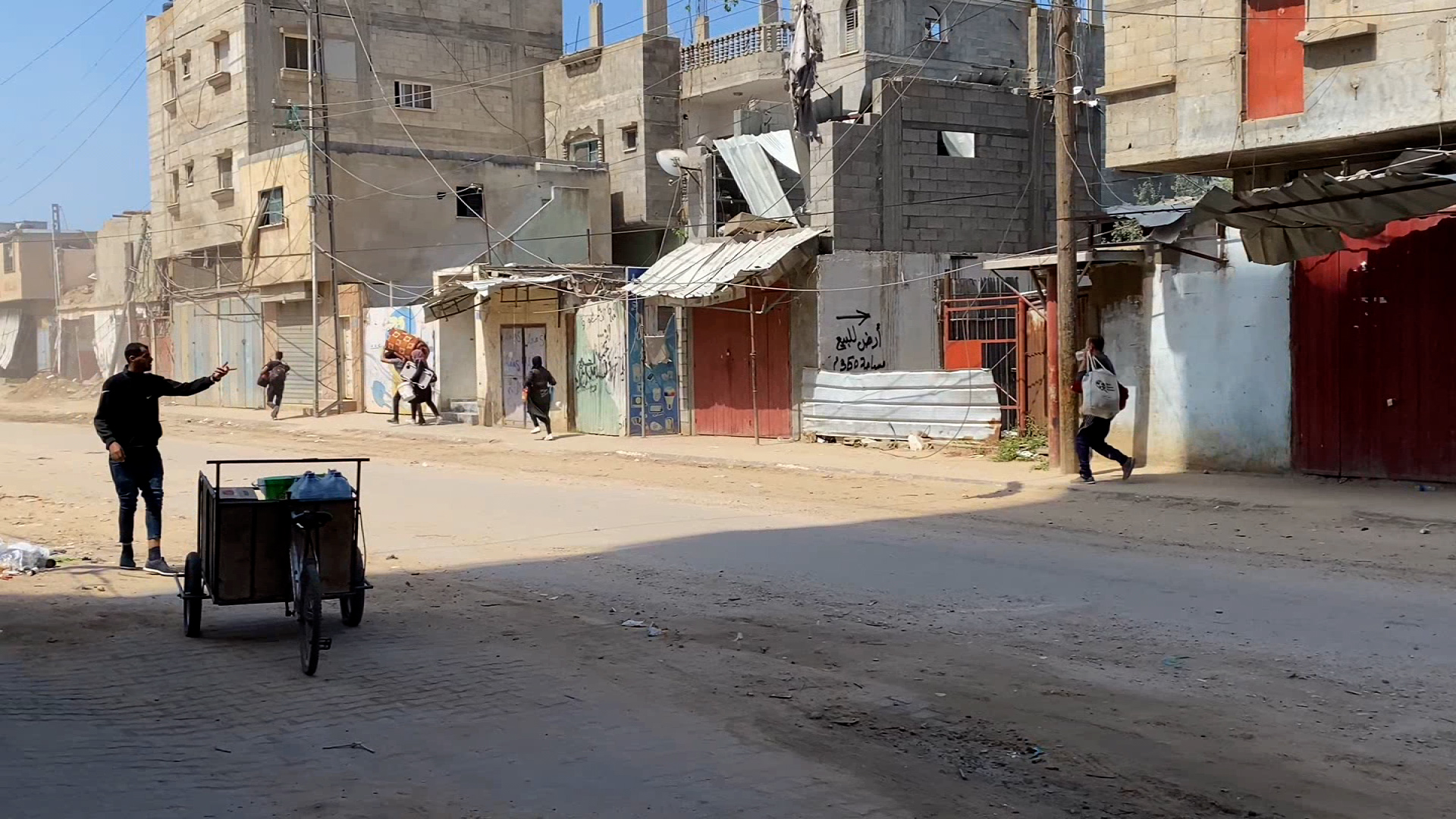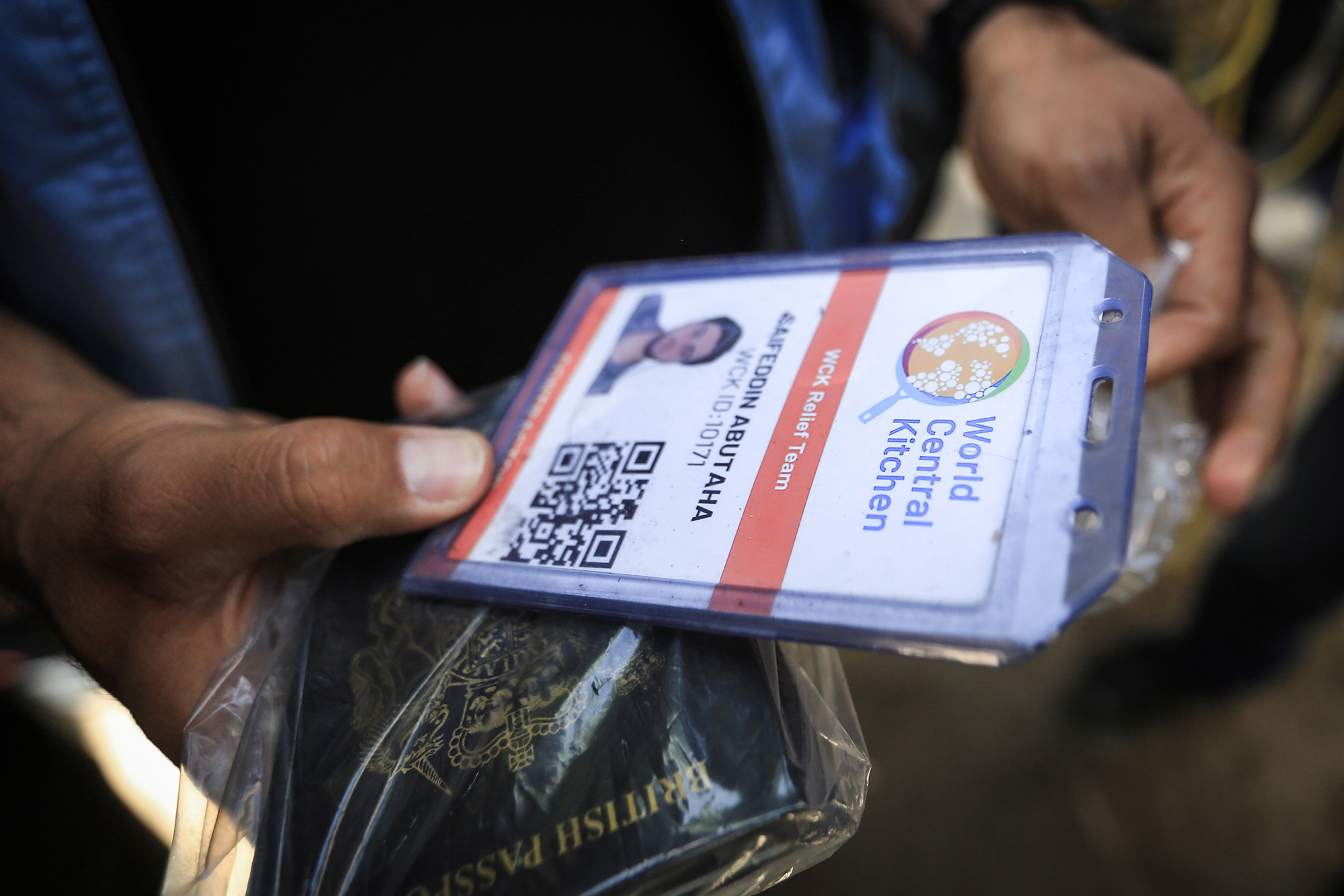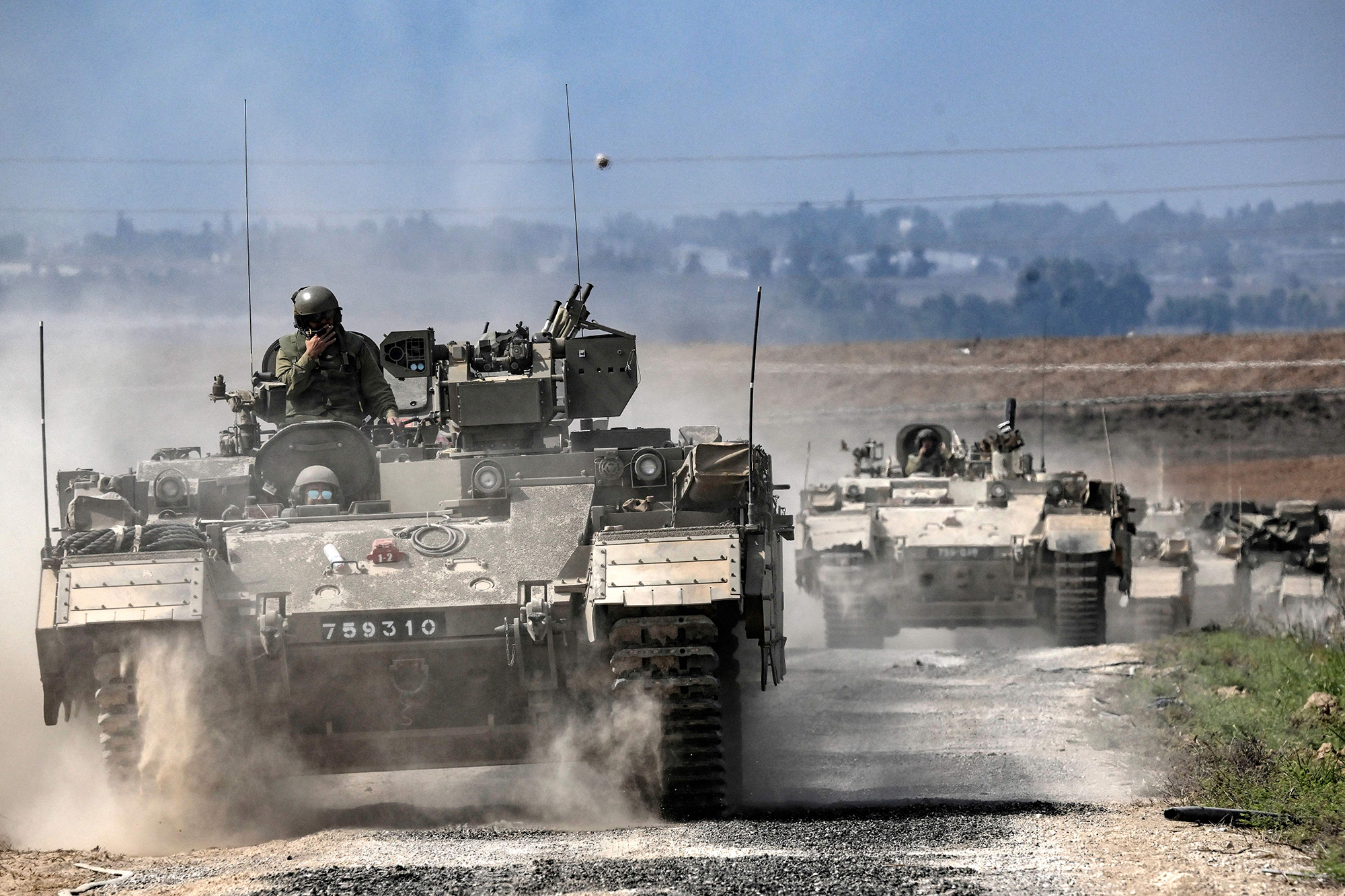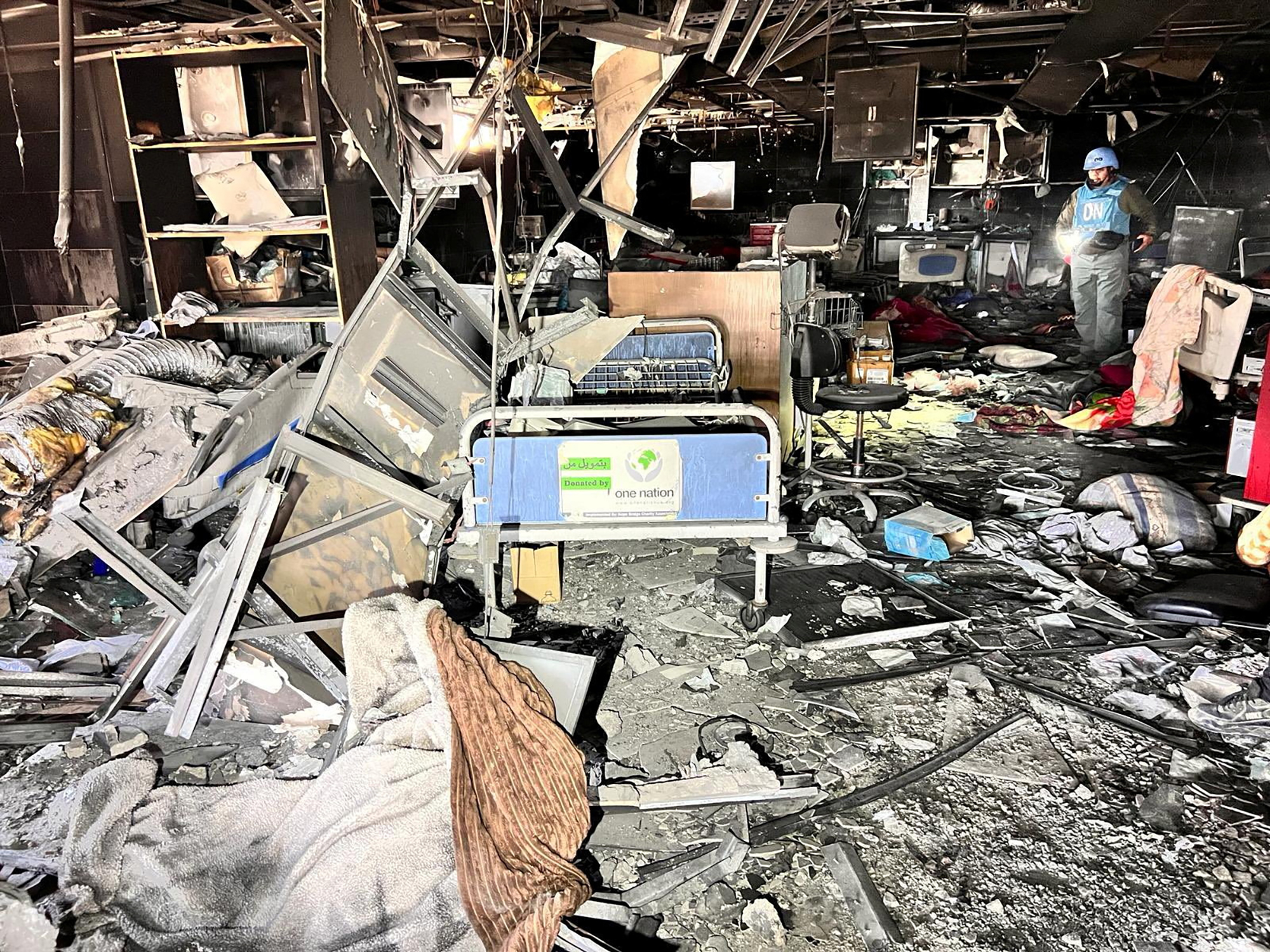The US is sanctioning four leaders of Hamas’ cyber and drone operations based in Gaza and Lebanon, State Department spokesperson Matthew Miller announced on Friday.
“Operatives of terrorist group Hamas have used information warfare and unmanned aerial vehicles (UAV) to facilitate terrorist violence across multiple fronts,” Miller said.
Those sanctioned include:
- Hudhayfa Samir 'Abdallah al-Kahlut, spokesperson for the military wing of Hamas in Gaza
- William Abu Shanab, the commander of the Lebanon-based al-Shimali unit
- Bara'a Hasan Farhat, an assistant to Abu Shanab
- Khalil Muhammad 'Azzam, an intelligence official
The al-Shimali unit manages the development and production of automatic 120mm mortars, mobile launchers for Grad rockets, development and production of flight simulators, UAVs for intelligence gathering and suicide UAVs, according to the Treasury Department.
“The United States will continue to target Hamas’s destabilizing attempts to launch terrorist attacks, as well as to disrupt Hamas terrorists wherever they operate, including across cyberspace,” Miller said.
Hamas and Hezbollah have developed moderately effective cyber capabilities in recent years, according to private experts who track them. Hamas has used those capabilities in espionage campaigns aimed at Israel and Arab governments for years, researchers have found. In an interview with CNN in November, Israel’s cyber defense chief alleged that Hezbollah-backed hackers had breached private security cameras in Israel to try to track the movements of Israeli soldiers.








